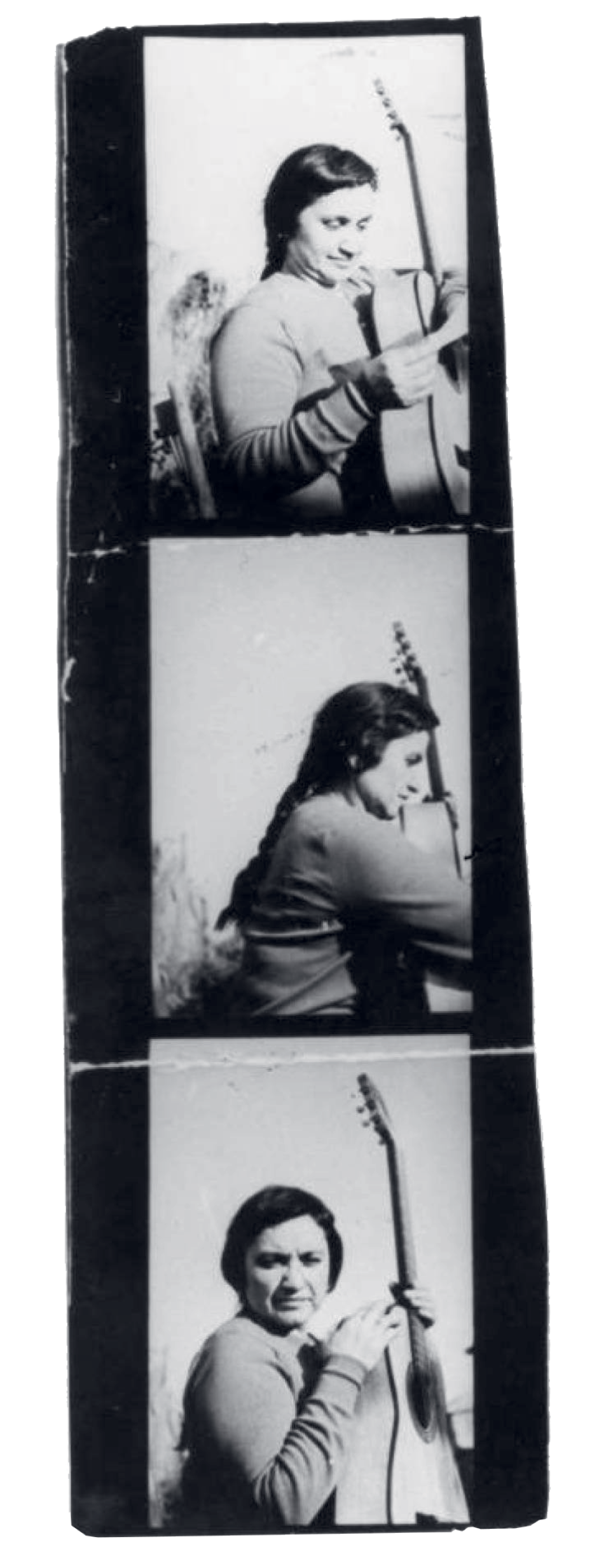Violeta Parra (1917–1967) was a Chilean social activist, archivist, and musician. Her methods shed light on fieldwork and its appropriation into creative practice is especially interesting to frame the complexity of landscape studies in the Chliean context. Parra’s practice aimed to revitalize Chilean popular folk culture, precisely because it was being denied by the “official” histories of Chilean identity. In what she calls “digging up folklore” and “hunting for music,” Parra set out to create an acoustic map of oral folk songs, at the time when forestry companies, incentivized and subsidized by the State, were clearing old-growth forests to make way for Eucalyptus plantations. Traveling the country in search of oral tradition was not only an archival act, but it was also a creative means to integrate knowledge into her own lyrics, poetry, and music through first-hand experience. Parra did not travel to expand her own repertoire, she collected experiences in order to reconstruct them for others.
